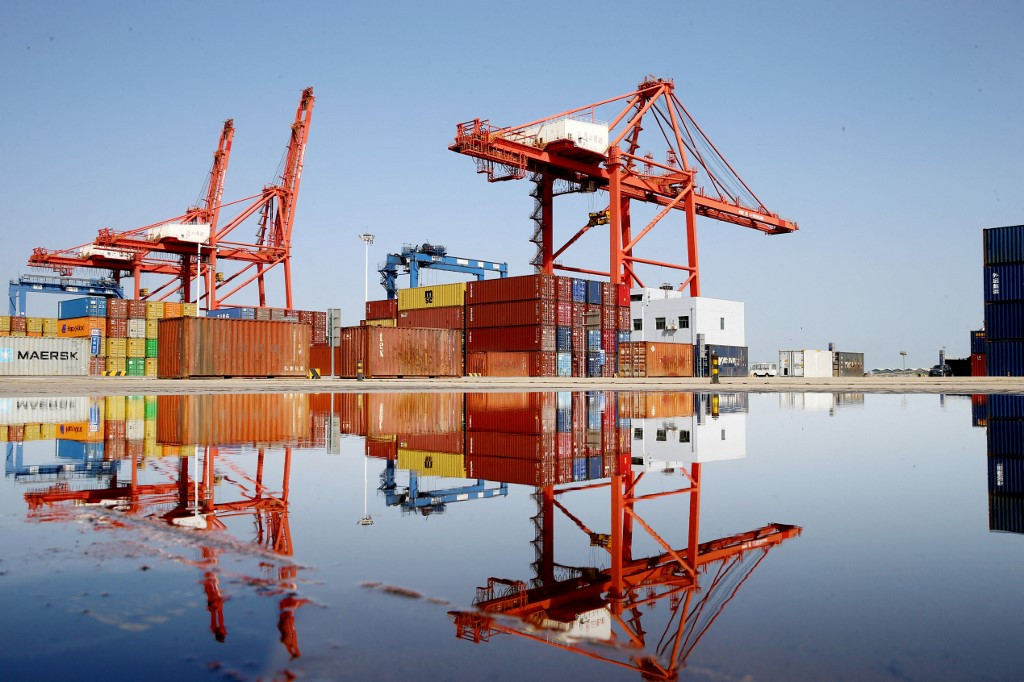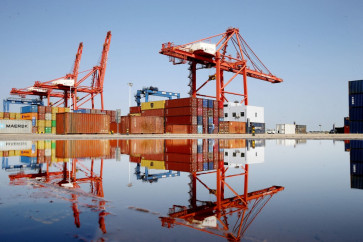Popular Reads
Top Results
Can't find what you're looking for?
View all search resultsPopular Reads
Top Results
Can't find what you're looking for?
View all search resultsCan a global trade war be avoided?
If the rest of the world responds wisely, the damage could be circumscribed entirely to the US with even a small dose of liberalization for everybody else.
Change text size
Gift Premium Articles
to Anyone
O
n April 2, United States President Donald Trump proposed sweeping tariffs on nearly all of America’s trading partners, wiping more than US$5 trillion from the value of global stock markets and fueling recession fears.
In the face of the impending financial meltdown, the “reciprocal” tariffs were then “paused” for 90 days, but the tit-for-tat retaliation with China continued, leading to absurd rates exceeding 100 percent on both sides.
The pause on the rest of Trump’s “Liberation Day” tariffs will lead to three months of febrile negotiations. But if the rest of the world responds wisely, the damage could be circumscribed entirely to the US with even a small dose of liberalization for everybody else. The European Union will be the key actor to make this benign outcome possible.
This is not the first time the US has suddenly embraced protectionism. In 1930, the US Congress passed the now-infamous Smoot-Hawley Act, which increased tariff rates on a large share of US imports by 40 to 60 percent.
While unemployment reached double-digit rates following the Wall Street crash of 1929, foreign competition was hardly the reason. Unlike today, the US was running a trade surplus (which the tariffs would do nothing to expand). But the US agricultural sector, beset by overproduction, was demanding protection, as were some industrial sectors, despite America’s emergence as a manufacturing powerhouse.
The new tariffs would prove highly damaging to the global economy and trading system, not so much because of their direct impact, as back then trade accounted for less than 5 percent of US GDP, but because of how the rest of the world reacted.
While most smaller countries could protest only diplomatically, many larger economies introduced retaliatory tariffs against the US. Some, such as France and the United Kingdom, raised tariffs on all imports, partly because their existing bilateral commercial treaties with the US generally included a “most-favored nation” clause, which prevented them from imposing tariffs only on American goods. (The Smoot-Hawley Act did not violate these treaties, because the tariffs were the same for all countries, varying by product.) Moreover, with the onset of the Great Depression, countries were looking for ways to protect their economies, and retaliating against the US gave them political cover to do just that.



















